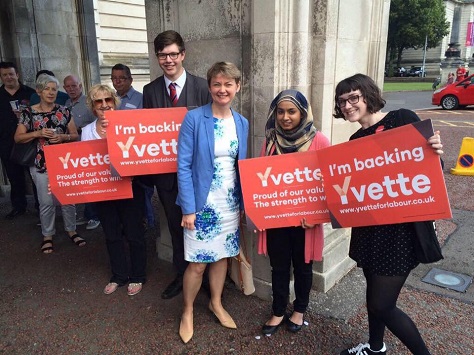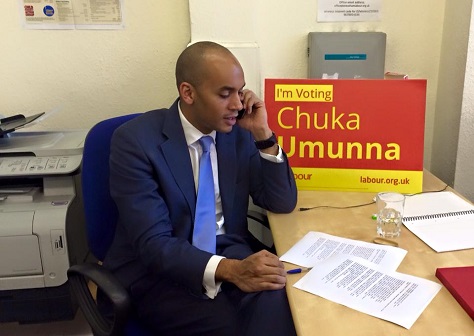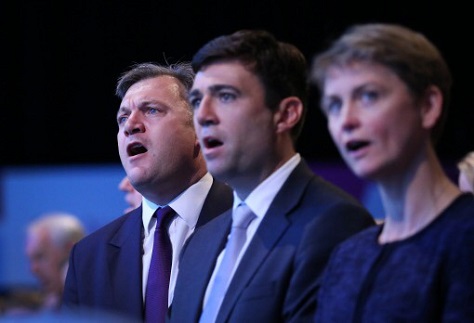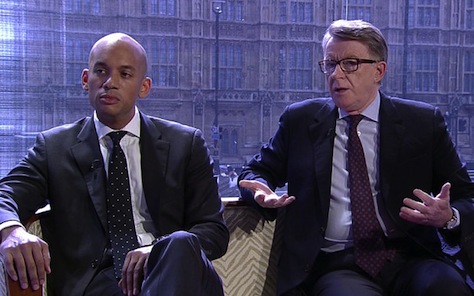Voting in the contest to select the Labour Party’s new leader ended yesterday, and the winner will be announced tomorrow morning.![]()
Polls and oddsmakers agree that the victor will be Labour’s far-left summer darling, Jeremy Corbyn, whose unlikely rise spawned a movement of activism for a more full-throated opposition to Conservative austerity policies.
Cooper probably will not win, it’s true.
The Corbynmania phenomenon is deep and resilient, and it’s clear that Corbyn’s understated charms, ideological consistency and his willingness to contrast sharply against the governing Conservative Party have brought thousands of enthusiastic voters to his cause — none less than Harry Potter himself (or at least Daniel Radcliffe).
But for all the real excitement that Corbyn’s leadership campaign has generated, Cooper is the only candidate who emerges from the leadership race looking like a potential prime minister, and unlike her opponents Andy Burnham and Liz Kendall, she will end the race with her reputation enhanced, especially after taking a bold stand last week on admitting more refugees to the United Kingdom.
RELATED: Corbyn’s surprise rise in Labour leadership race highlights chasm
RELATED: The rational case for supporting Corbyn’s Labour leadership
Cooper’s chances for the leadership, though slim, aren’t non-existent. If no candidate wins over 50% of the vote outright, Cooper will receive many of Kendall’s second-preference votes. If Cooper edges out Burnham for second place, which now seems likely, she could clip Corbyn to the leadership if Burnham’s supporters disproportionately give their second preferences to Cooper (and not to Corbyn).
Articulate and poised, Cooper was already a rising star as shadow home secretary, capably challenging Conservative home secretary Theresa May. An MP since the 1997 wave that brought Tony Blair and New Labour to power, she served as chief secretary to the treasury and as work and pensions secretary under former prime minister Gordon Brown. In particular, she won admiration across the political spectrum for her support of anti-stalking legislation and the creation of a new office for domestic violence. But Cooper spent much of the past five years overshadowed by her husband, the pugilistic shadow chancellor Ed Balls, who contested the leadership in 2010 and finished in third place (behind both Miliband brothers). When Balls unexpectedly lost his seat in the May 2015 general election, it was suddenly his wife whose leadership aspirations were on the fast track. Born in Scotland, 46-year-old Cooper has at least some claim to the case that she can win back supporters from the Scottish National Party (SNP), which now dominates Scottish politics.
When the leadership ballots were first mailed to Labour members, starting on August 10, there was a sense that Cooper still trailed Burnham. But in the final two weeks of the voting period, Cooper began to emerge as the chief alternative to Corbyn. Continue reading Yvette Cooper is the only Labour aspirant who seems like a prime minister







